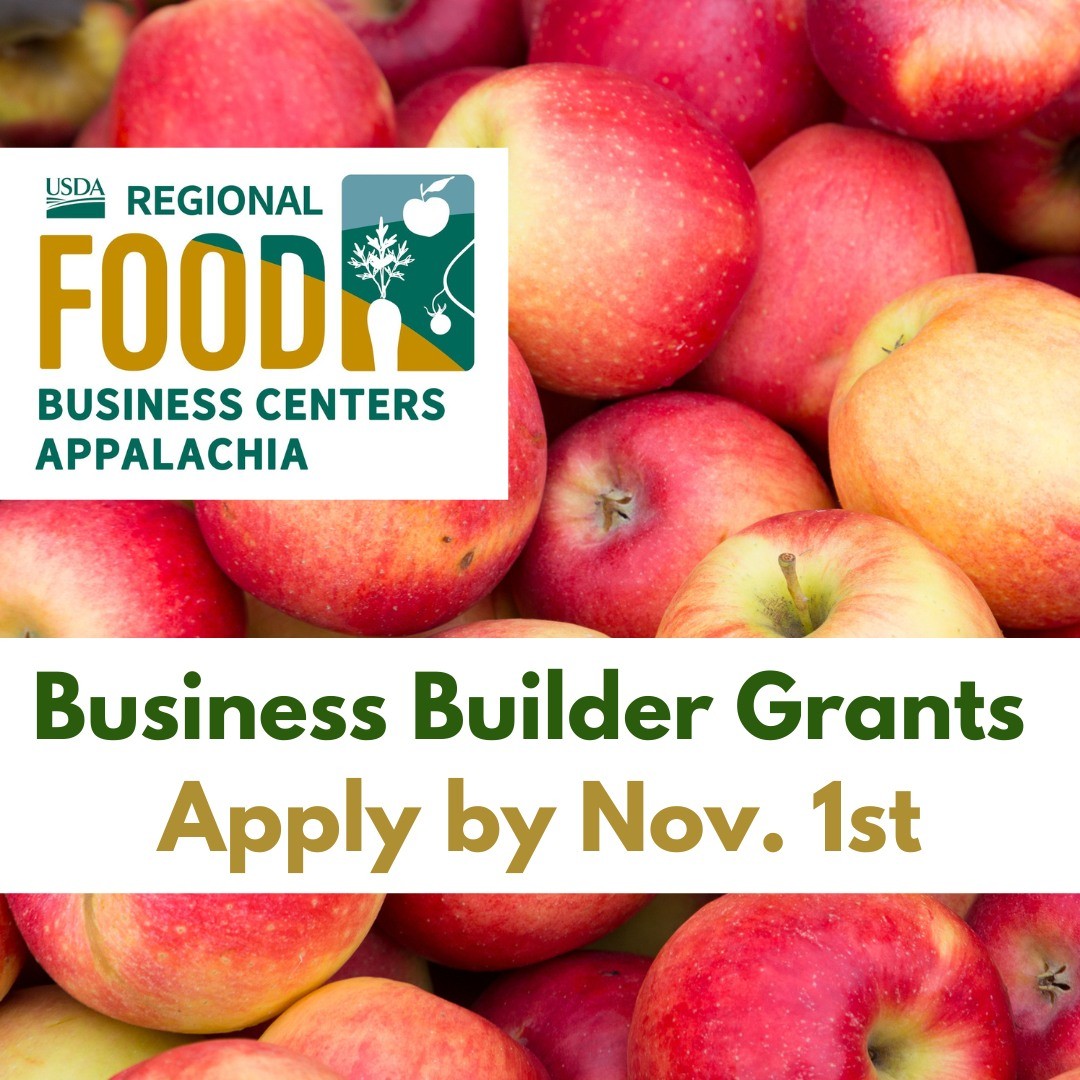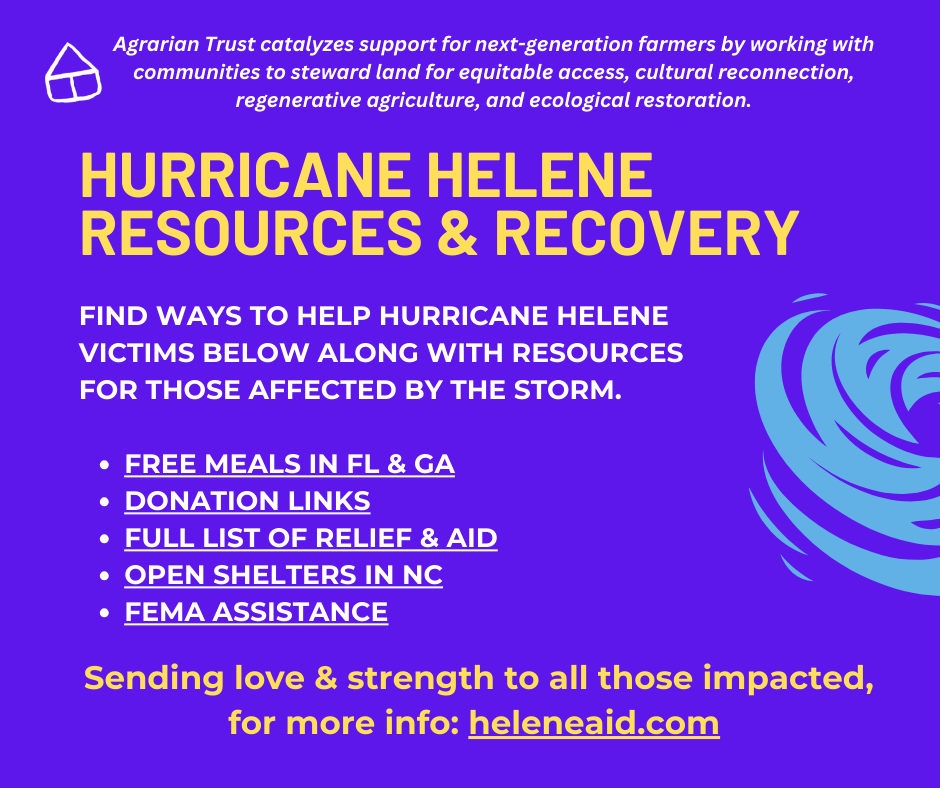photographs by Jason Rydquist
Amber Lippert and Jonah Bloch grow vegetables for a buyers club and some restaurants as Camas Swale Farm. Last year they grew for their 80 CSA shares. This year, through an unexpected change in land tenure, they’ve chosen to keep the operation small to have the time and attention needed for finding a place to grow on for the long haul.
Through a series of leases, they grew their farm to what it is. At first they operated on two acres in Creswell, Oregon after having started a farm in Washington with friends. They came south to be near family, and they’re committed to staying here. Since 2009 they’ve grown a business in the Southern Willamette Valley with a solid customer base. The next step will be to find their own land where they can stay.
The dream farm looks something like this: 10-20 acres, access to adequate, clean water, soil suited to annual vegetable crops, home or legal homesite, within 40 minutes of Eugene, Oregon.
Camas Swale Farm has had to move around a few times and Jonah and Amber now know quite a bit about what they’ll look for from past leases. One such lesson, find out about the water. Not only mention of what the owner knows or says about it, but a test, or something written with official mention of it being clean and of adequate volume. Another lesson learned is the need for detailed exit plans and coverage for sweat equity in written agreements between owner and leasee. Good intentions and their mention can seem great but when they materialize into something else, the possibility of moving the whole farm becomes a difficult reality. Some lessons they did not have to learn the hard way were to keep good business records, grow diverse, quality crops and create solid relationships. With these basic tenants despite moving three times in 6 years the farm has maintained continuous successful production. Keeping accurate tax records has gone a long way when talking with a lender about buying a piece of land.
Talking with them about their search for land illustrates the amount of time and energy it can take. Jonah and Amber have been working in earnest and their search has offered them first hand experience in a lot of avenues one could go down searching for land here in the Southern Willamette Valley. They’ve had an ad on the Friends of Family Farmers iFarm site. They’ve drafted long term leases with opportunities to build equity in the event they found the right lease situation. They’ve had conversations with the local FSA agents, and have an application into Northwest Farm Credit Services. They understand what lenders look for and are finding out what kind of a relationship can form between hopeful farmers and realtors wanting to find exactly what their client is searching for.
One offer that was considered was a creative new form of financing. The FSA office told Jonah and Amber that they are taking applications for the Beginner Farmer and Rancher Loan but haven’t got funding for new applicants for up to 18 months if the farm is accepted into the program. The proposed solution would be the Northwest Farm Credit Services bridging the gap. This hasn’t turned out to be a very attractive deal for sellers, not to mention the farmers and realtors feeling unsure about how this would all turn out. This lead Amber and Jonah to also apply for conventional lending for rural residential. They hope one of the options will fit the property they find.
The land they’re on now came through the grapevine, friends knew their situation and soon it was mentioned to them that their current headquarters of operation could be a spot to land for the time being. They’ll keep up their search and know that all of this work put in will turn into that dream farm of theirs when the time comes and things all fall into place. What they’ve got to say about the search is that it can take time and that finding an affordable property is the biggest barrier. For now, they’ll keep several options on the table and working hard on the search, while they maintain their farm’s name, and a lesser amount of production than they’re used to leaving time to focus on seeking something more stable. Once its over with, they’ll begin investing in the land and operation for the long-term.




